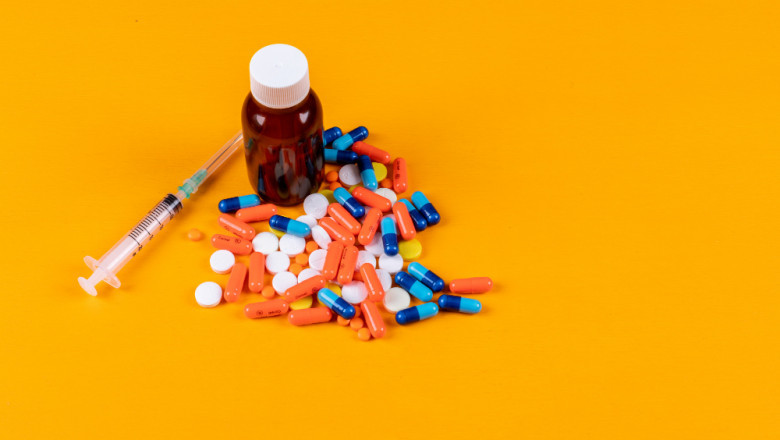views
Marijuana is often perceived as a harmless substance due to its increasing acceptance and legalization in many parts of the world. While some individuals use it recreationally or medicinally without developing dependency issues, prolonged and excessive use can lead to addiction. Marijuana addiction not only affects physical health but also has profound impacts on mental well-being. Understanding the connection between marijuana use, mental health disorders, and recovery is crucial for those seeking a healthier, addiction-free life.
Understanding Marijuana Addiction
Marijuana addiction, also known as cannabis use disorder (CUD), occurs when an individual becomes dependent on the substance and struggles to control their usage despite negative consequences. Studies suggest that around 9% of marijuana users develop an addiction, and the risk increases to 17% for those who begin using it in their teenage years.
Over time, frequent marijuana use alters brain function, affecting dopamine production, memory retention, and emotional regulation. These changes contribute to withdrawal symptoms such as irritability, anxiety, sleep disturbances, and cravings, making it difficult for users to quit without professional intervention.
Effects of Marijuana Addiction on Mental Health
1. Increased Anxiety and Depression
Although marijuana is sometimes used to relieve stress, chronic use can worsen anxiety and depression. Long-term users may experience heightened paranoia, panic attacks, and persistent depressive episodes due to chemical imbalances in the brain.
2. Cognitive Impairment
Marijuana impacts memory, concentration, and decision-making abilities. Heavy users may find it difficult to focus on tasks, retain information, or engage in problem-solving activities, which can negatively affect academic, work, and social performance.
3. Psychosis and Schizophrenia Risk
Research indicates that long-term marijuana use increases the risk of developing psychotic disorders, especially in individuals with a genetic predisposition. High doses of THC (tetrahydrocannabinol), the psychoactive component in marijuana, can trigger hallucinations, delusions, and extreme paranoia.
4. Emotional Detachment and Motivation Loss
Regular marijuana use can lead to "amotivational syndrome," characterized by a lack of drive, decreased interest in activities, and an overall sense of detachment from responsibilities. This can hinder personal growth, career aspirations, and meaningful relationships.
The Recovery Process: Overcoming Marijuana Addiction
Seeking professional help is essential for individuals struggling with marijuana addiction. Rehab centers offer structured programs designed to address both the physical and psychological aspects of substance dependence.
1. Detox and Withdrawal Management
The first step in recovery is detoxification, during which the body eliminates marijuana and its toxins. Withdrawal symptoms such as mood swings, insomnia, irritability, and cravings can be managed with medical supervision and support.
2. Behavioral Therapy and Counseling
Behavioral therapy plays a significant role in treating marijuana addiction. The most effective approaches include:
- Cognitive Behavioral Therapy (CBT): Helps individuals identify negative thought patterns and develop healthier coping strategies.
- Motivational Enhancement Therapy (MET): Encourages individuals to find internal motivation to quit marijuana use and make positive life changes.
- Group Therapy: Provides peer support and shared experiences to reinforce recovery.
3. Lifestyle Changes and Holistic Approaches
Recovery is not just about quitting marijuana; it’s about building a healthier lifestyle. Many rehab centers incorporate holistic treatments such as:
- Exercise and Yoga: Improves physical and mental well-being.
- Meditation and Mindfulness: Helps individuals manage stress and anxiety.
- Nutritional Therapy: Restores the body's balance and promotes overall health.
The Importance of Professional Support in Recovery
Rehab centers provide personalized treatment plans, medical supervision, and aftercare support to ensure long-term sobriety.
For individuals looking for a comprehensive recovery program, Nasha Mukti Kendra in Ambala offers expert guidance, therapy, and holistic treatments to help individuals reclaim their lives from addiction.














Comments
0 comment